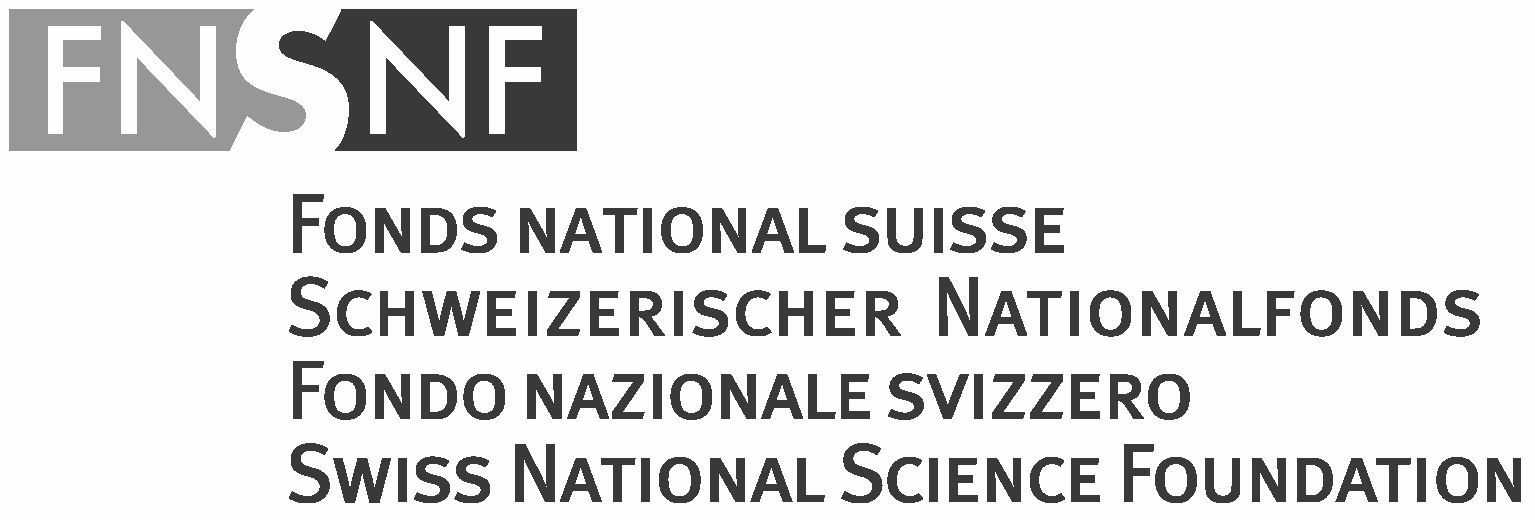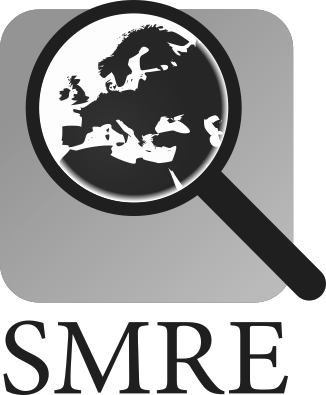Religious affiliation
The definition of "religious affiliation" or "religious denomination" is central for any statistic on this aspect of social structure. For the purpose of the SMRE, religious affiliation is defined as an institutional relationship between a person and a religious group or tradition.
In many European countries these institutional affiliations are rooted not only in historical traditions, but moreover in an official membership status which in some case even establishes the right to tax the members of certain churches or religious communities. Traditionally in Europe this kind of religious affiliation is an exclusive social relationship. Resulting from the «cuius regio, eius religio» approach so prominent in the religious wars across Europe in the 16th and 17th centuries, in Europe being a member of one church usually automatically means the exclusion of all other membership options of organized religion.
Thus, religious affiliation as used in the SMRE is defined as an "objective" property of a person and of a society’s social structure. Religious affiliation is a substantial aspect of religious belonging, but – leaving out the more subjective dimension of individual religious persuasions and emotional identification with a religious group or tradition by definition – both concepts are not identical. In practice, the list of categories useful to aggregate and integrate data of different sources into the SMRE consists of Catholic, Protestant, Orthodox, other Christians, Jewish, Muslim, no religious affiliation and others.
The SMRE approach is based on its broad data collection. Only religious groups covered in a data set could be mapped in one of these eight cateogries:
- Catholic: Christ Catholic Church, Greek Catholic Church, Mariavite Church, Old Catholic Church, Roman Catholic Church
- Protestant: Anglican Church incl. Church of Ireland, Arminianism, Baptists, Calvinists, Dutch Reformed Church, Evangelical Church, Lutheran, Presbyterianism, Protestant, Silesian Evangelical Church of the Augsburg Confession
- Orthodox: Albanian Orthodox Church, Armenian Apostolic Church, Greek Orthodox Church, Old Believers, Old-Rite, Old Orthodox, Russian Orthodox Church
- other Christian: Adventist, Apostolic, Brethern Church, Charismatic Episcopal Church, Evangelicals, Fraternity Church, Free Lutheran Church, Free Presbytarian, Hussites, Mennonites, Methodist, New Apostolic, Pentecostalism, Quaker, Unitarians, URC / Congregational
- Jew: Jewish, Judaism, Mosaic
- Muslim: Bektashi, Shiite, Sunni
- No religious affiliation: Agnostics, Atheists, no denomination, no religion
- Other: Bahà'i, Buddhism, Chinese Universalism, Hindu, Jain, Confucian, Mormonism, Pagan, Shar-fadinian, Shinto, Sikh, Spiritualism, Taoism, Jehovah's Witness, Zoroaster
Also be counted among the other are those who have not given an answer or were classified as undefined.
In the data output tool you can explore all Dataset Details. By touching the numbers, you can find out, which categories were used in the original data set and were mapped into the specific SMRE category.



